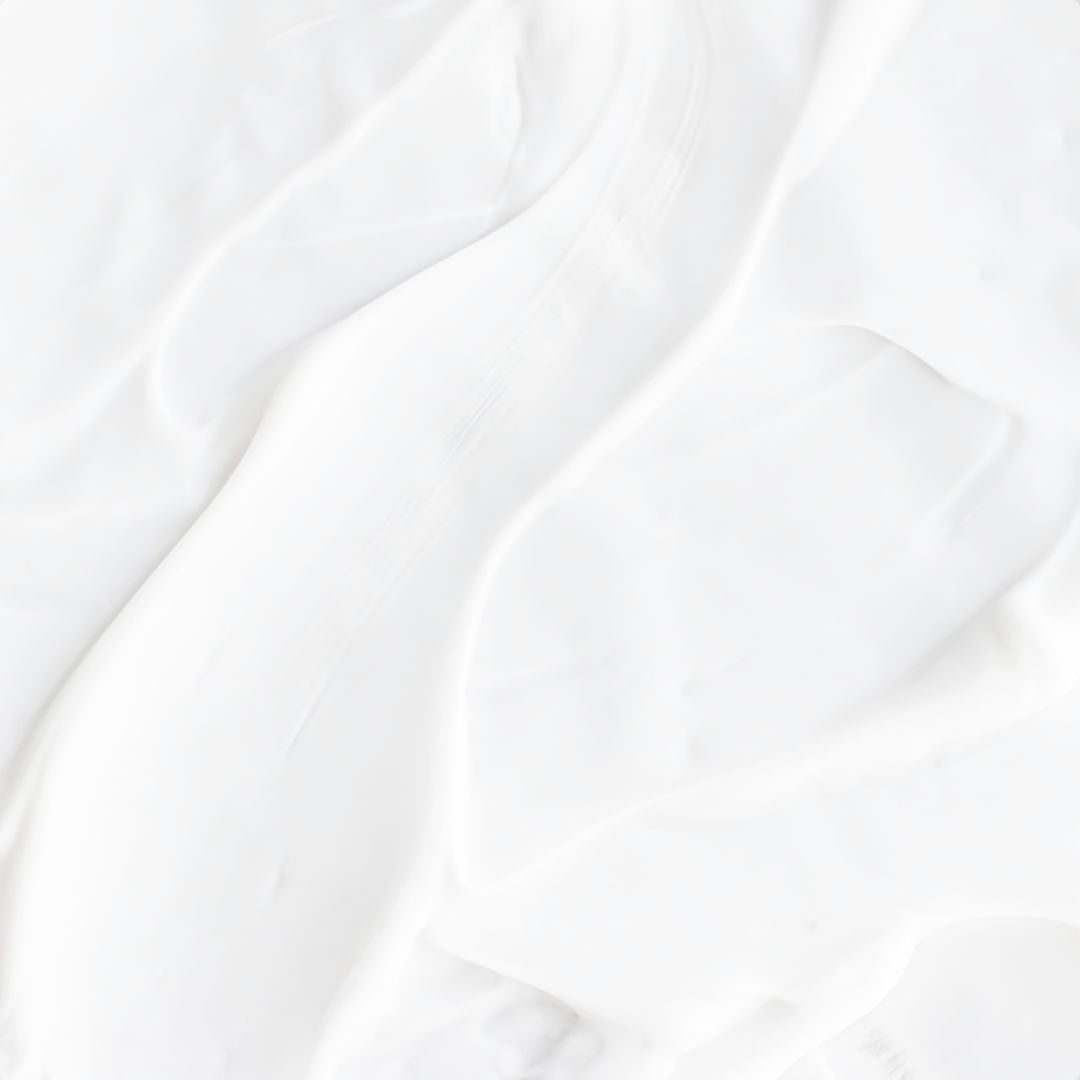If you have dry, sensitive, or eczema-prone skin, you probably know how it feels like after using the wrong type of cleanser for your skin. Some cleansers can leave your skin feeling tight, itchy, and uncomfortable. To be able to properly care for your skin, you must first understand it. So let's discuss the science on how to properly cleanse your skin, shall we?
Understanding Your Skin
Imagine the outermost layer of your skin as a protective armour that keeps you safe. Sitting on top of your skin is a very fine, delicate hydrolipidic film, also known as the acid mantle. It is mostly composed of sweat and sebum and is mildly acidic with a pH of around 4.7, which plays a very important role in maintaining the skin's overall integrity. (Source)
Note: The pH (potential hydrogen) scale is used to measure how acidic/basic water is. A pH of 7 is neutral. Anything under a pH of 7 is acidic, and anything above 7 is alkaline (basic).
When the skin barrier is healthy, it can effectively retain water inside of your skin by preventing moisture loss and help to keep out nasty pathogens (bacteria, viruses, etc), and preventing them from entering your body.
However, the skin's pH value does not always stay the same. Internal factors like age and hormones are something we have to deal with. As we age, our skin's pH rises and becomes drier and more alkaline. This is especially true in women as estrogen levels drop and the skin becomes more prone to dryness. Studies also show people with dry, itchy skin, or inflammatory skin conditions like eczema, tend to have higher (alkaline) pH levels.
Then there are external factors like pollution, temperature, humidity level, and the use of harsh chemicals that can alter our skin's pH. (Source)
While the skin is smart and can restore the acid mantle on its own, usually within a few hours of cleansing, it is very fragile and is easily thrown out of balance that simply washing the skin with tap water alone can alter the skin's pH.
This is further exaggerated by taking long, hot showers and the repeated use of harsh skincare products that can prevent the skin's acid mantle from recovering quickly enough.
When the skin's pH is altered and becomes more alkaline, it causes the skin to be stripped away of its moisture and unable to function optimally. Once the skin barrier has been compromised, it takes much longer for lipids and ceramides to be rebuilt, leaving the skin’s pH to remain elevated. Common signs that your acid mantle has been stripped away are dryness, redness, and irritation. Note: The tap water at home typically has a pH level between 6.5 and 9.5. In Singapore, the average value is 8.1. (Source)
A compromised skin barrier is more permeable. This means water can escape the skin to the air more easily, causing dehydration. This process is known as transepidermal water loss (TEWL).
The TEWL rate is further accelerated if you live in a low humidity environment like in a cold winter climate and from the use of indoor heating or air-conditioning. You can imagine the air being a sponge. When it is dry, it will pull moisture out of your skin at a quicker rate.
More importantly, having a permeable skin barrier means irritants and allergens that your skin normally blocks out can now easily enter the skin, making the skin more prone to irritation and allergic reactions.
So What Is The Best Way to Care for Your Skin In The Shower?
With a focus on respecting the skin's delicate acid mantle, here are some ways you can take care of and improve your skin barrier:
Avoid over-cleansing
Instead of using a cleanser twice a day, you may wish to try washing your face using only lukewarm water in the morning. Of course, you want to make sure that your skin is properly cleansed the night before. On the same note, keep your showers short.
Pick the right cleanser
Choose a low pH cleanser that is close to the skin's natural pH. This way, even if you use it twice a day, it will not affect the skin too much. Besides looking at the pH, pick a mild, gentle cleanser that does not contain harsh surfactants like sodium lauryl sulfate (SLS), sodium cocoate, sodium laurate, sodium tallowate, etc.
We do not recommend the use of conventional soaps. The majority of these soap bars have an alkaline pH that is between 9-10. If you have to, opt for a syndet (aka synthetic detergent) cleansing bar instead, which has a neutral or acidic pH and uses milder surfactants such as sodium cocoyl isethionate. (Source)
Note: Surfactant, or 'surface-active agent', is a substance that is a primary component of detergents that helps to remove dirt and sebum from the skin.
Avoid over-exfoliation
While exfoliation can be beneficial for the skin, exfoliating too frequently or with the wrong products can increase the risk of damaging the skin's protective barrier. It is important to always listen to your skin. If you have very sensitive skin, avoid exfoliating more than once a week.
Pick the right exfoliator
You also want to make sure you are using the right exfoliator for your skin. Generally, if you have sensitive and reactive skin, you want to avoid physical exfoliation, which involves the use of tools or scrubs to manually slough away at the skin. There is a higher risk of it being too abrasive for the skin, especially if you tend to be heavy-handed and accidentally apply too much pressure.
You might want to consider using gentle chemical exfoliants, which involve the use of acids or fruit enzymes to gently get rid of dead skin cells.
When it comes to choosing a suitable chemical exfoliant, we recommend using polyhydroxy acids (PHAs). Common PHAs include gluconolactone and lactobionic acid.
PHAs are very gentle, making them suitable for all skin types, including eczema. Because of their larger molecules, they do not penetrate deeply into the skin, which makes them less irritating. Since they are also humectants, they help to hydrate your skin at the same time.
And the best part? It does not make your skin sensitive to the sun!
A Cleanser Specially Designed for Eczema, Dry and Sensitive skin?
We are busy working to create a gentle cleanser that is close to healthy skin pH and your opinion matters! We would like to invite you to be a part of our creation process. Hop in and share with us your thoughts with us at hello@kansoskin.com!
Let's create your dream cleanser together!
The Science Of Cleansing For Eczema, Dry and Sensitive Skin
Posted by kansoskin Team on




